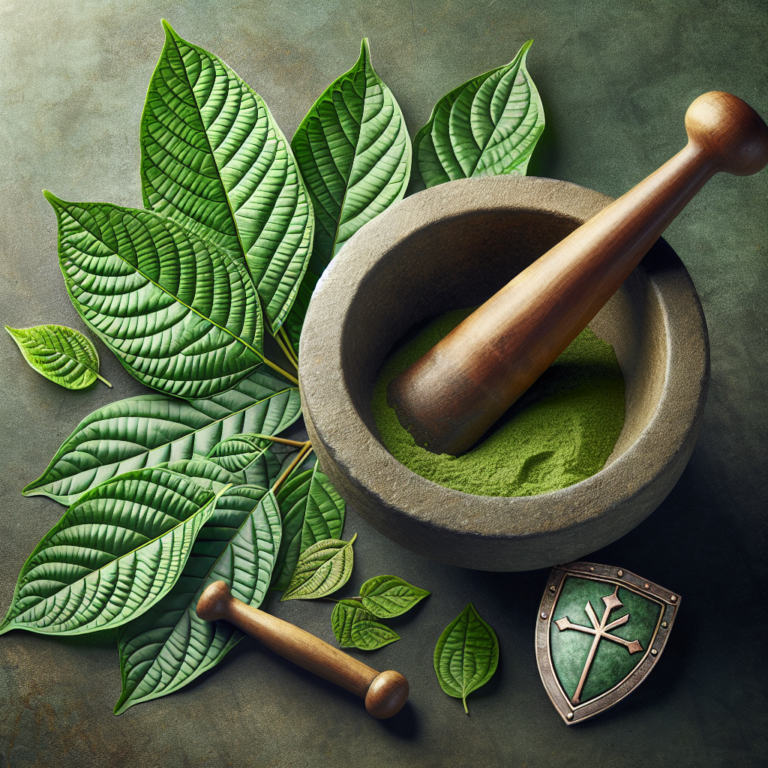
Understanding Kratom: An Overview
Kratom, derived from the leaves of Mitragyna speciosa, has gained substantial attention for its potential benefits and effects. This tropical tree, native to Southeast Asia, contains compounds that interact with the brain’s receptors. Many users turn to kratom for pain relief, mood enhancement, and even as a substitute for opioids. However, as its popularity increases, so does the discussion around its side effects, including the less commonly mentioned issue of nighttime sweating.
What Causes Night Sweats?
Night sweats are episodes of excessive sweating that occur during sleep. They can result from various factors. For many people, they might experience night sweats due to heat, bedding, or sleepwear. However, underlying health conditions or medications can also lead to this uncomfortable phenomenon, making it essential to consider all possible causes.
Hormonal changes are one of the primary triggers for night sweats. This is especially relevant for women undergoing menopause or experiencing hormonal imbalances. Furthermore, infections, such as tuberculosis or HIV, can also lead to excessive perspiration at night. Anxiety and stress, both of which affect the body’s temperature regulation, can contribute to this issue as well.
The Relationship Between Kratom and Sweating
Kratom interacts with the body in various ways. While many use it for its stimulating effects at lower doses, at higher doses, kratom can produce sedative effects. This duality can lead to different experiences with some finding relief from pain and others feeling more anxious or restless.
Some users report nighttime sweating after taking kratom. The relationship isn’t entirely understood yet. However, the active compounds in kratom, particularly mitragynine and 7-hydroxymitragynine, may influence the body’s autonomic functions, including temperature regulation and sweating.
Reasons for Sweating When Using Kratom
When using kratom, several factors may contribute to increased sweating, particularly at night:
-
Stimulant Effects: At lower doses, kratom can act as a stimulant. Increased energy levels may cause the body to heat up, leading to sweating.
-
Sedative Effects: In higher doses, kratom acts as a sedative, possibly leading to changes in how the body regulates temperature during sleep.
-
Dosage and Strain: Different strains of kratom offer varying effects. Some strains may enhance the chances of nighttime sweating, while others might not.
-
Individual Responses: Each person’s body reacts differently to substances. Factors such as metabolism, body weight, and overall health can alter the experience.
The Science Behind Kratom and Sweating
Scientific research on kratom is relatively limited, especially concerning its side effects. However, anecdotal evidence suggests that sweating is a common reaction for some users. The main alkaloids, mitragynine and 7-hydroxymitragynine, interact with opioid receptors in the brain, causing various effects that may indirectly lead to changes in body temperature.
Moreover, the body’s nervous system plays a crucial role in sweating. Kratom influences the central nervous system, which may disrupt the body’s normal regulation of temperature. This disruption can manifest as sweating, particularly when someone is trying to relax or fall asleep.
Tips for Managing Night Sweats Related to Kratom Use
If you’re experiencing nighttime sweating while using kratom, consider the following tips to manage the issue effectively:
-
Hydration: Ensure you stay hydrated. Drinking water helps regulate body temperature.
-
Adjust the Dosage: Experiment with lower doses to see if it reduces sweating while still providing the desired effects.
-
Change Strains: Some kratom strains may be more likely to cause sweating than others. Exploring alternatives might help.
-
Monitor Environment: Keep your sleeping environment cool. Use breathable bedding and pajamas to minimize discomfort.
-
Consult a Professional: If sweating continues or worsens, it’s advisable to consult with a healthcare provider for personalized advice.
The Role of Other Factors
While kratom use may contribute to night sweats, other factors might also play a role. For example, lifestyle items such as diet, stress levels, and sleep environment significantly influence how well you sleep and whether you sweat.
Dietary Considerations
Spicy foods, caffeine, and alcohol can all disrupt sleep and lead to increased sweating. Consider adjusting your diet if you notice a correlation between what you eat and your nighttime symptoms.
Stress and Anxiety
Mental health plays a huge role in physical symptoms. If you feel anxious or stressed during the day, it can carry into your night. Techniques like mindfulness, meditation, and relaxation exercises may alleviate these symptoms.
Should You Worry?
If nighttime sweating is a recurring issue, it may be worth investigating. While sweating occasionally is normal, persistent night sweats could indicate an underlying problem. Generally, if you adopt a proactive approach and monitor your kratom use, you can often alleviate discomfort.
When to Seek Medical Attention
It’s essential to pay attention to your body. If night sweats are accompanied by other severe symptoms, such as fever, weight loss, or persistent fatigue, consult a healthcare professional. These signs could indicate a more severe condition that needs immediate attention.
Conclusion
Kratom can cause a range of physiological effects, including potential sweating at night. By understanding the relationship between kratom use and night sweats, individuals can make informed decisions about their wellness. With consideration for dosage, strain, and lifestyle factors, users can often manage or prevent nighttime sweating effectively.
Frequently Asked Questions (FAQs)
1. Can kratom cause dehydration?
Yes, kratom may lead to dehydration, especially if it’s causing excessive sweating.
2. How can I reduce the chances of sweating while using kratom?
Consider lowering your dosage, changing your kratom strain, and monitoring your environment.
3. Are there safe kratom doses to avoid sweating?
Lower doses tend to be less stimulating and may reduce sweating.
4. Can night sweats indicate a serious health issue?
Occasional night sweats are usually harmless, but persistent ones with other symptoms may warrant medical evaluation.
5. What lifestyle changes can help with night sweats?
Staying hydrated, practicing stress reduction techniques, and adjusting your diet can help manage night sweats.
6. Is it safe to mix kratom with other medications?
Always consult a healthcare professional before mixing substances. Interactions can be unpredictable.
7. Can certain kratom strains lessen sweating?
Some users report that certain strains produce fewer sweating symptoms. Experimenting with different strains may help.
8. Should I continue using kratom if I have night sweats?
If night sweats are bothersome, consider consulting a doctor or adjusting your kratom regimen.
9. What type of doctor should I see for night sweats?
Start with a primary care physician, who can guide you on further evaluations.
10. Could other supplements or medications cause night sweats?
Yes, many medications and supplements can contribute to night sweats. Always review these with your healthcare provider.





